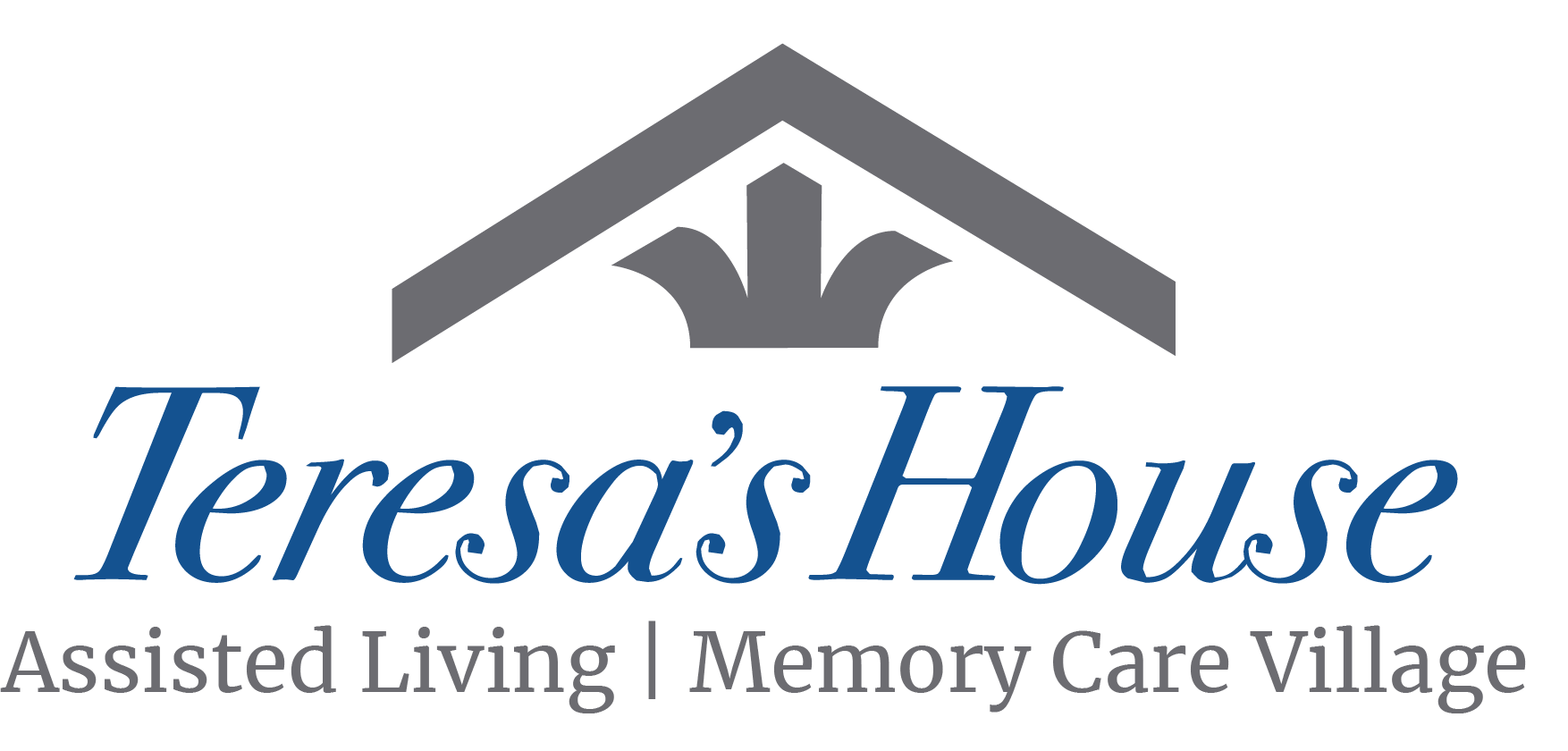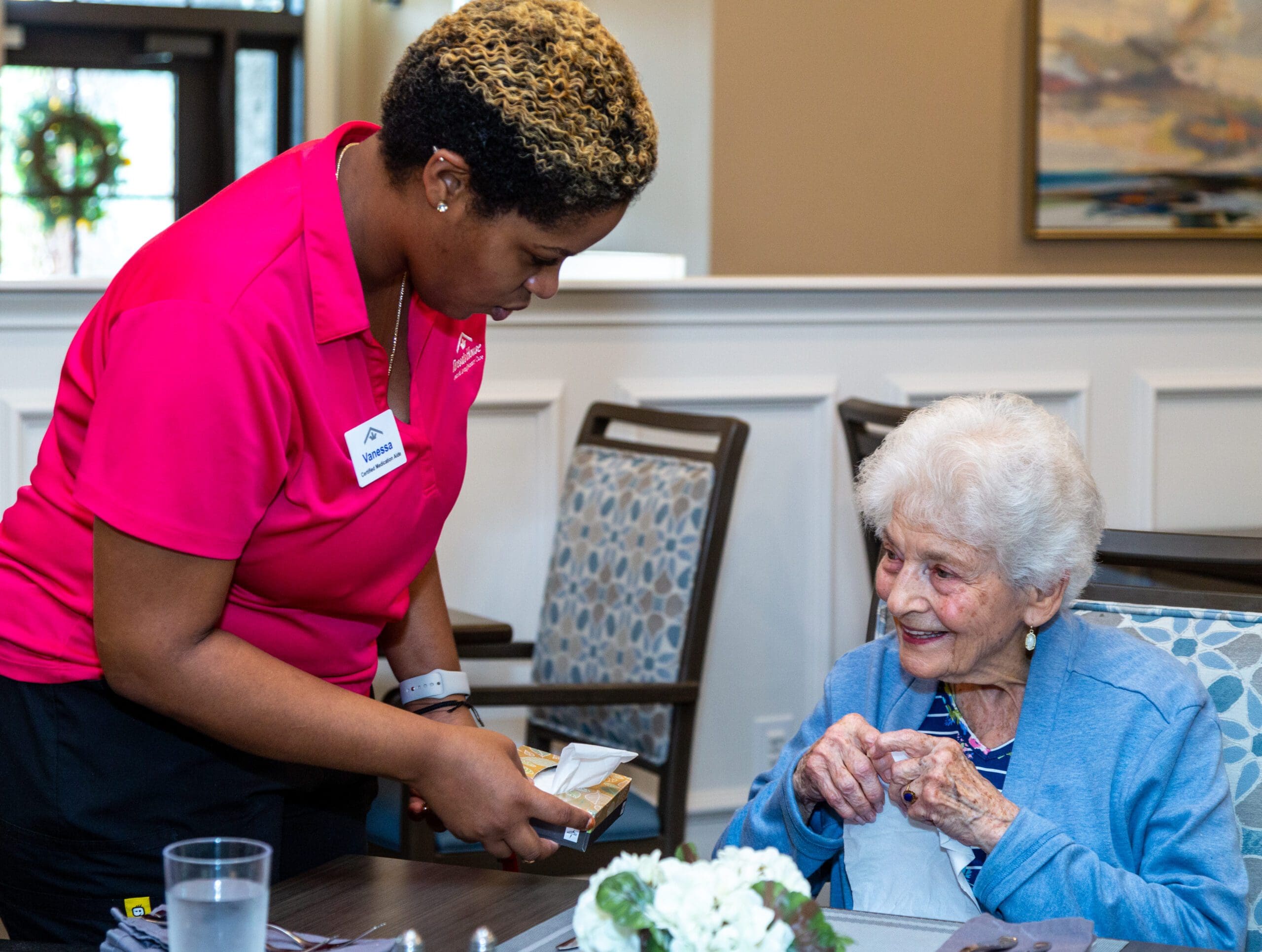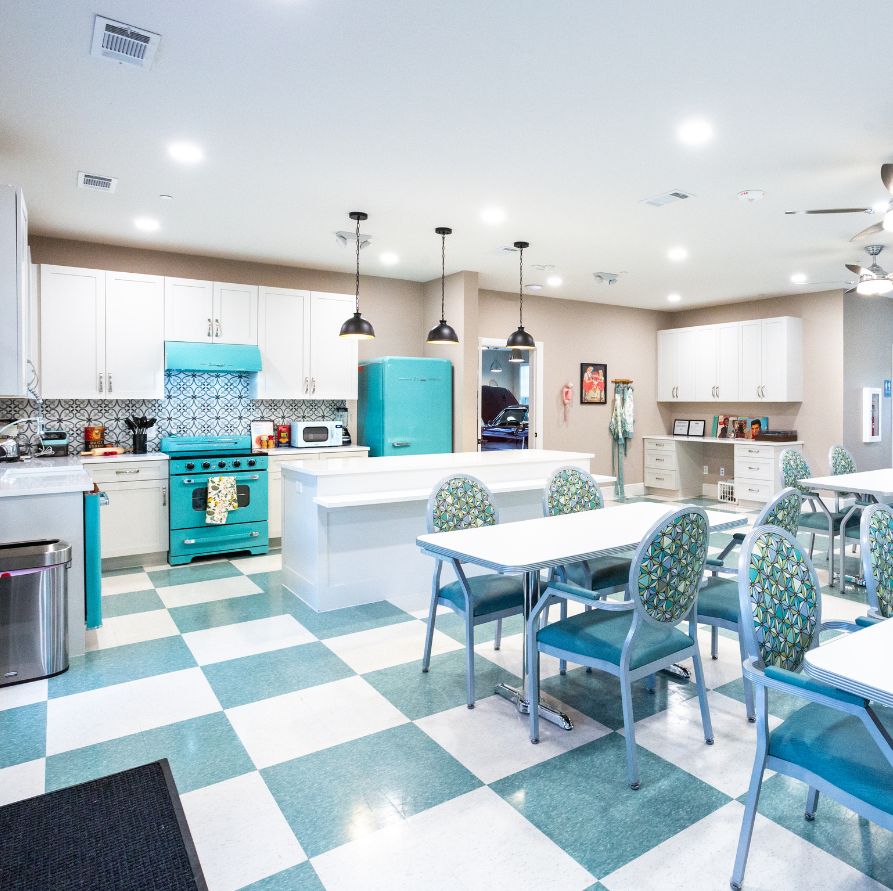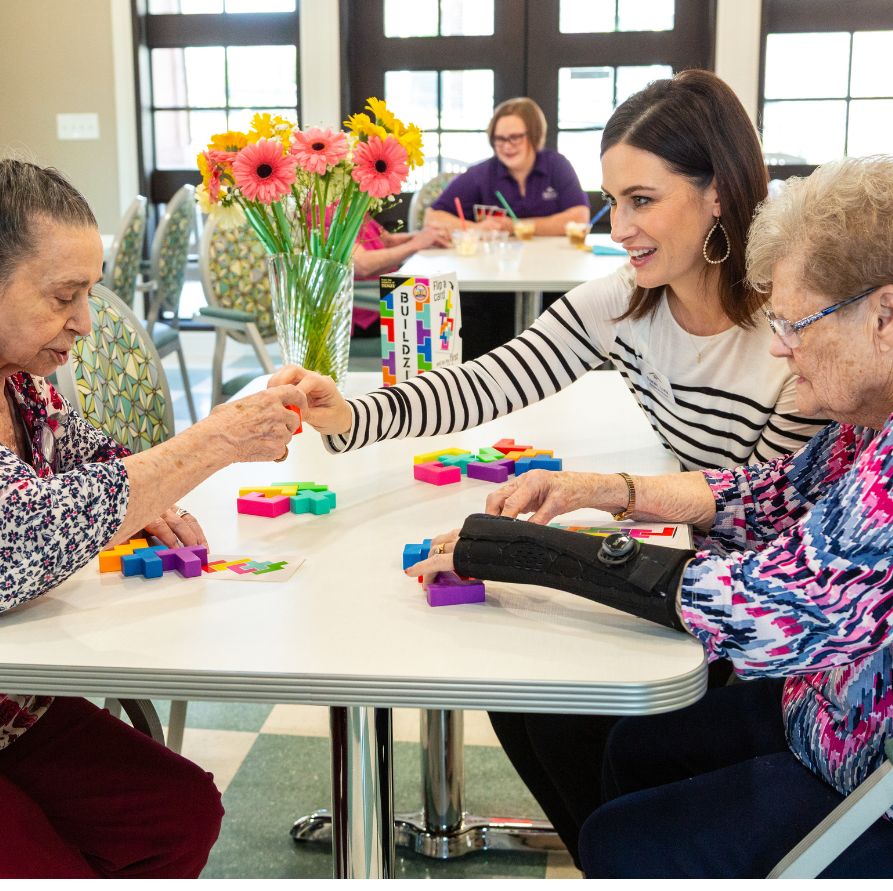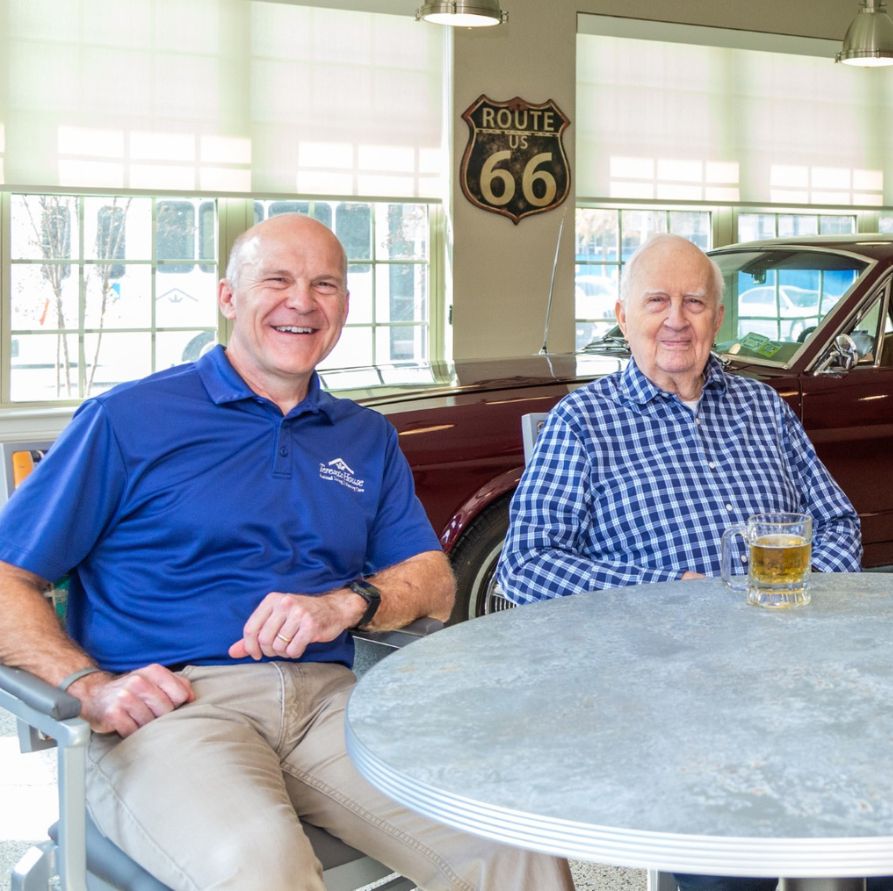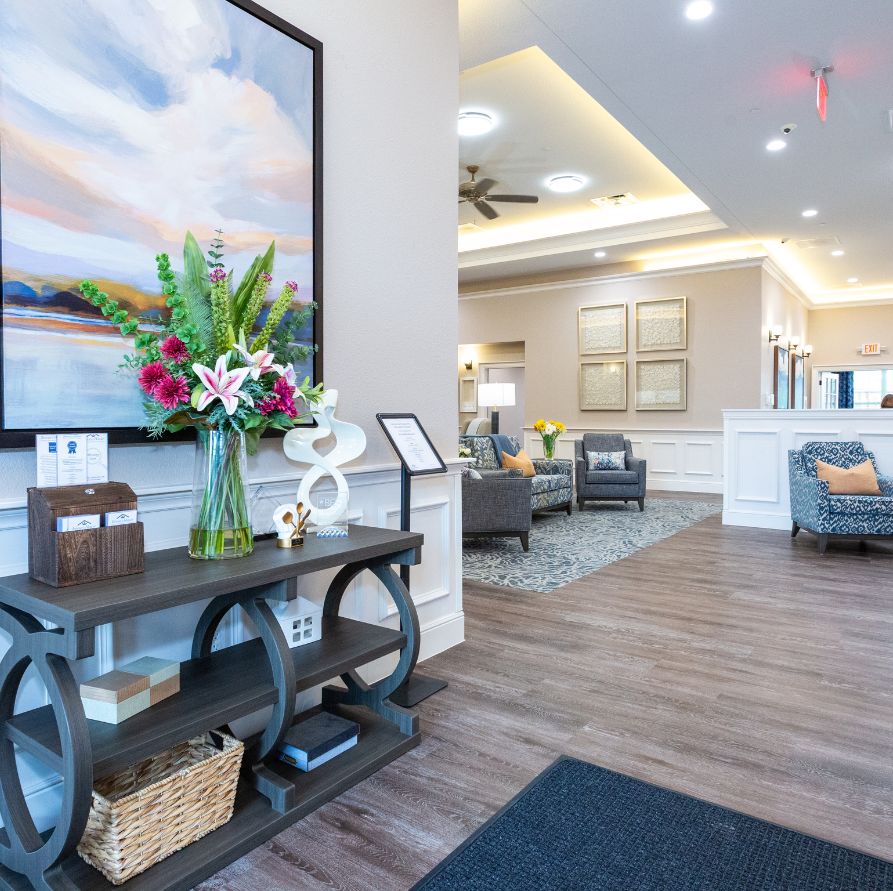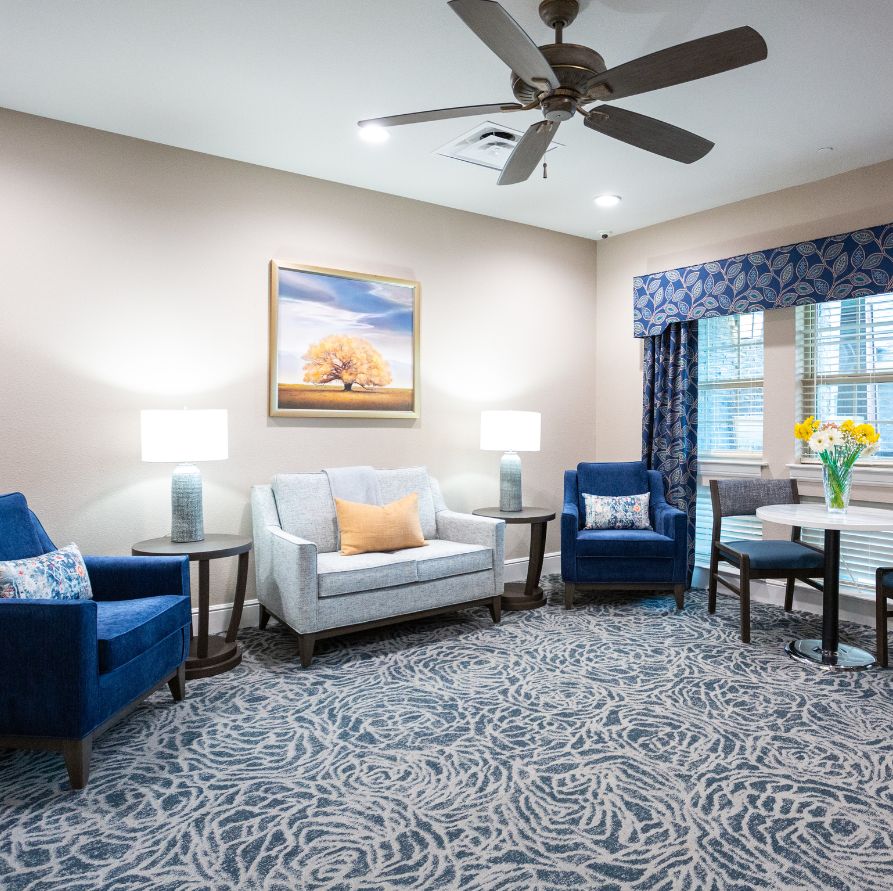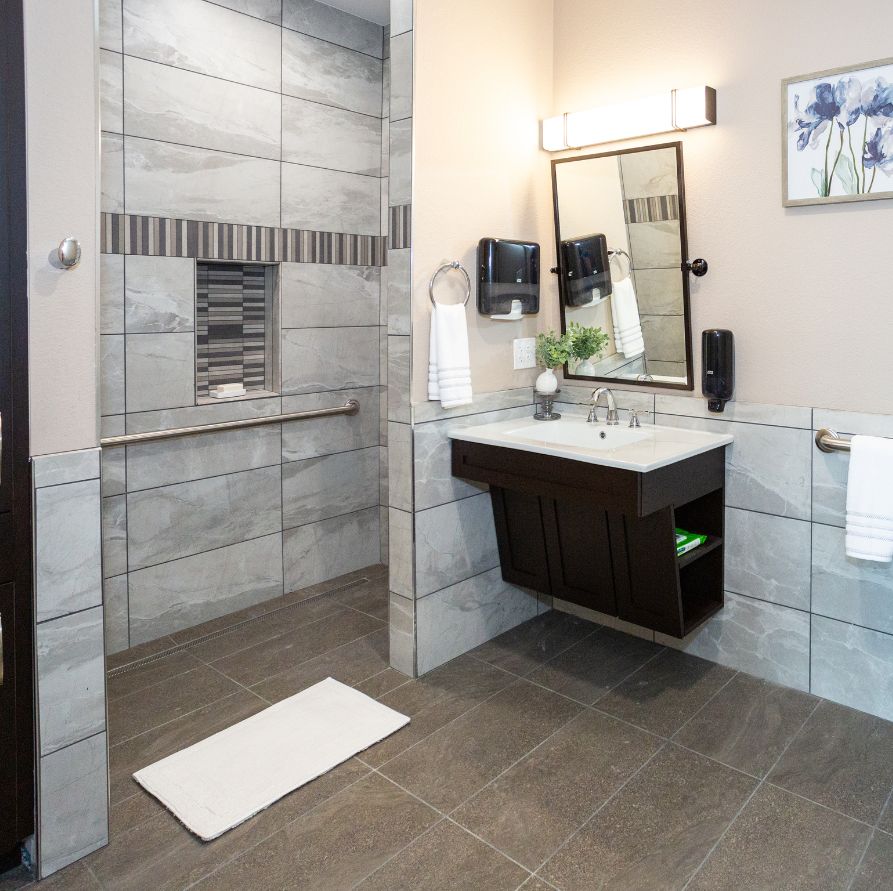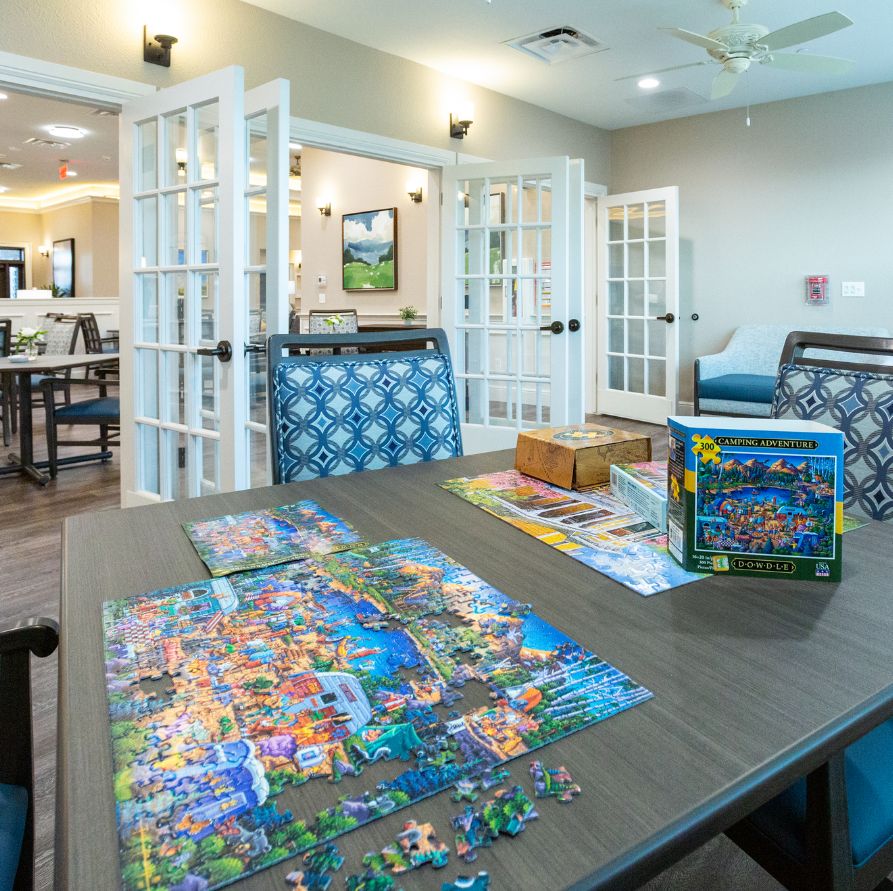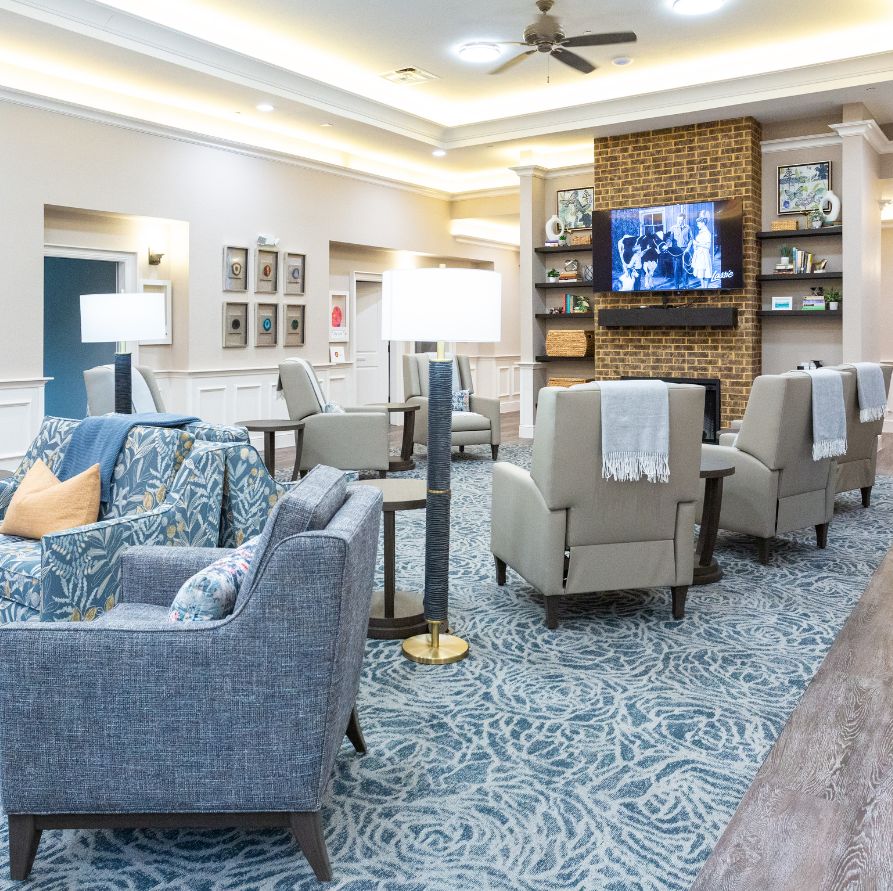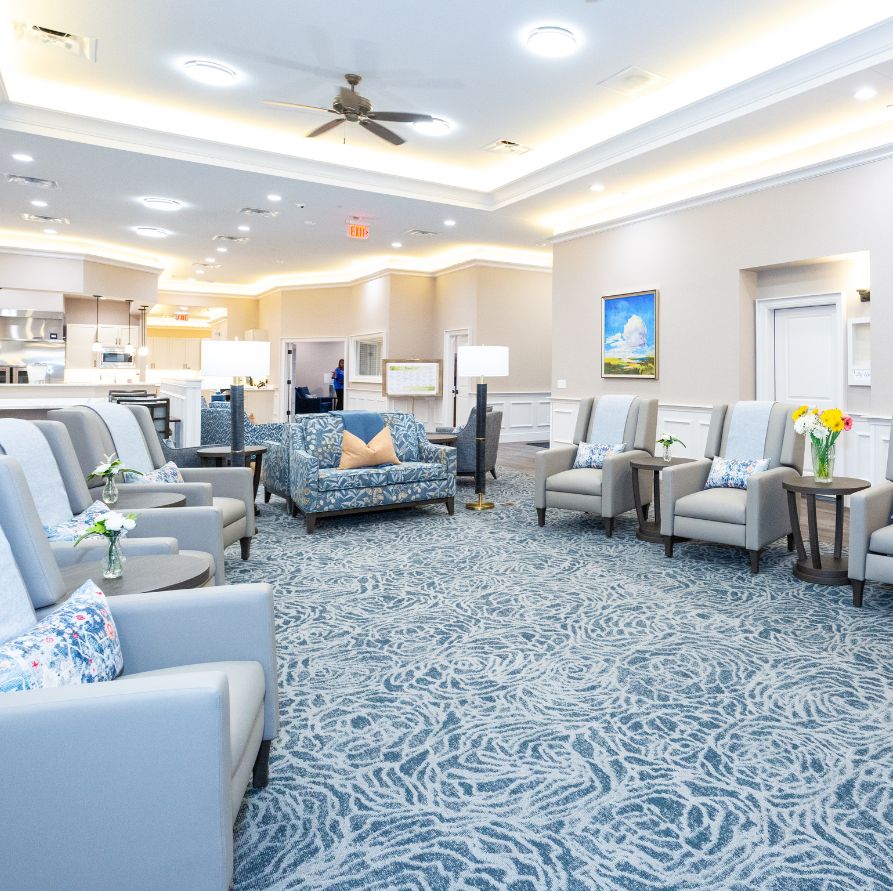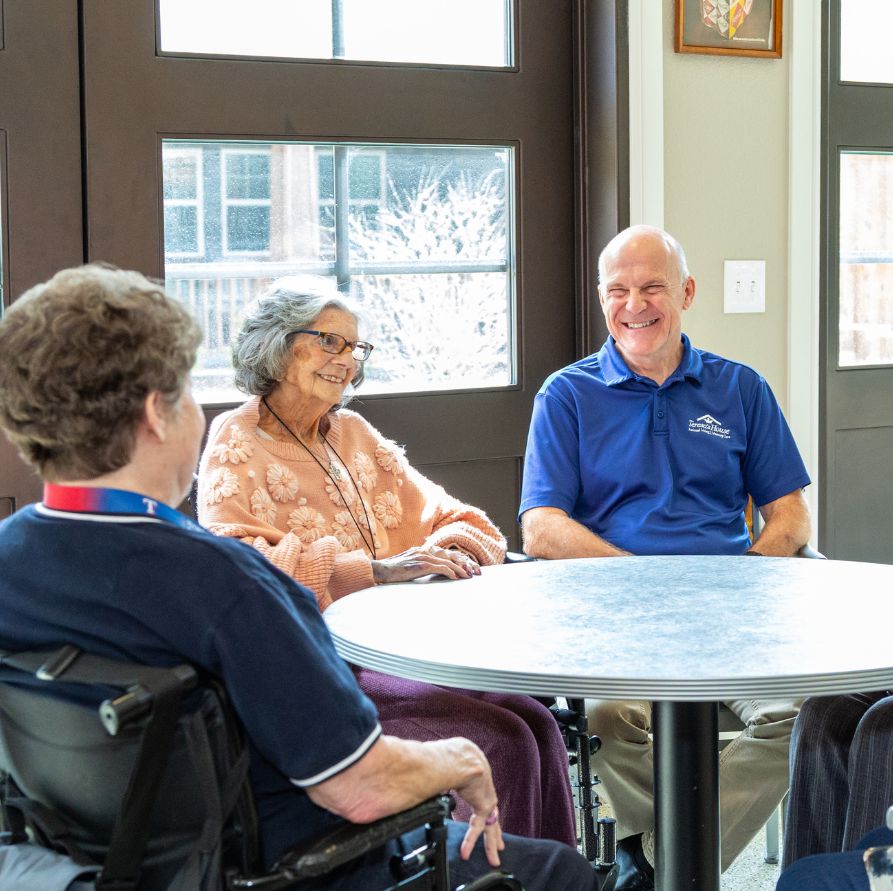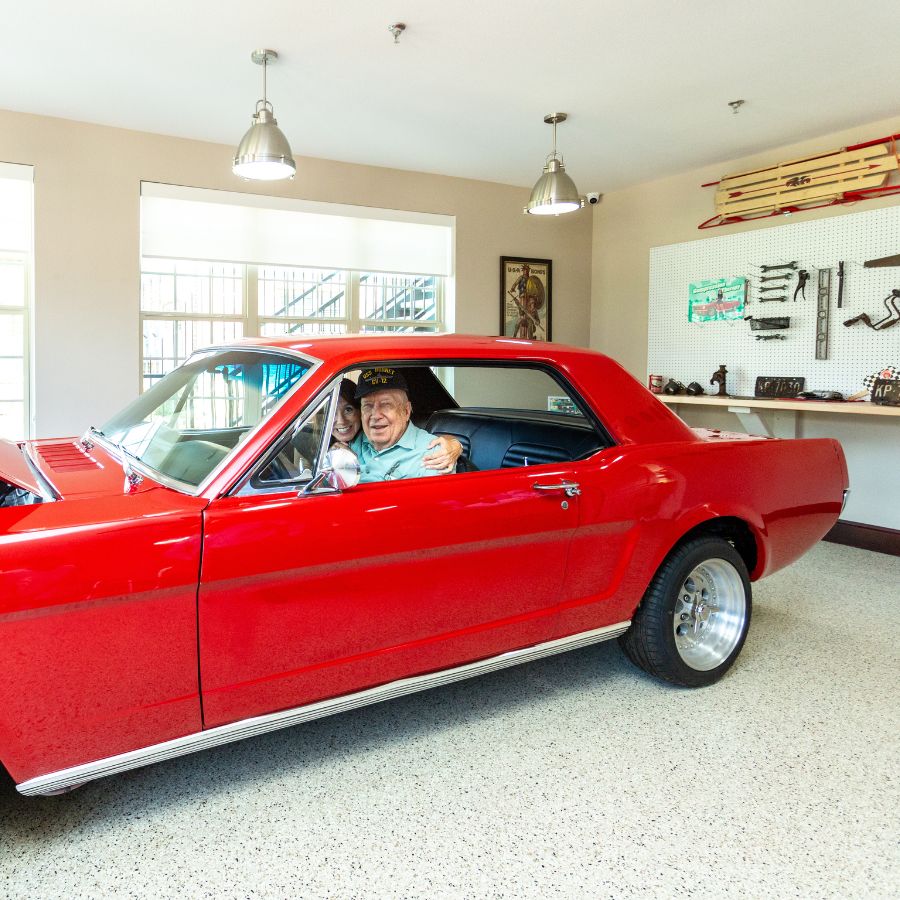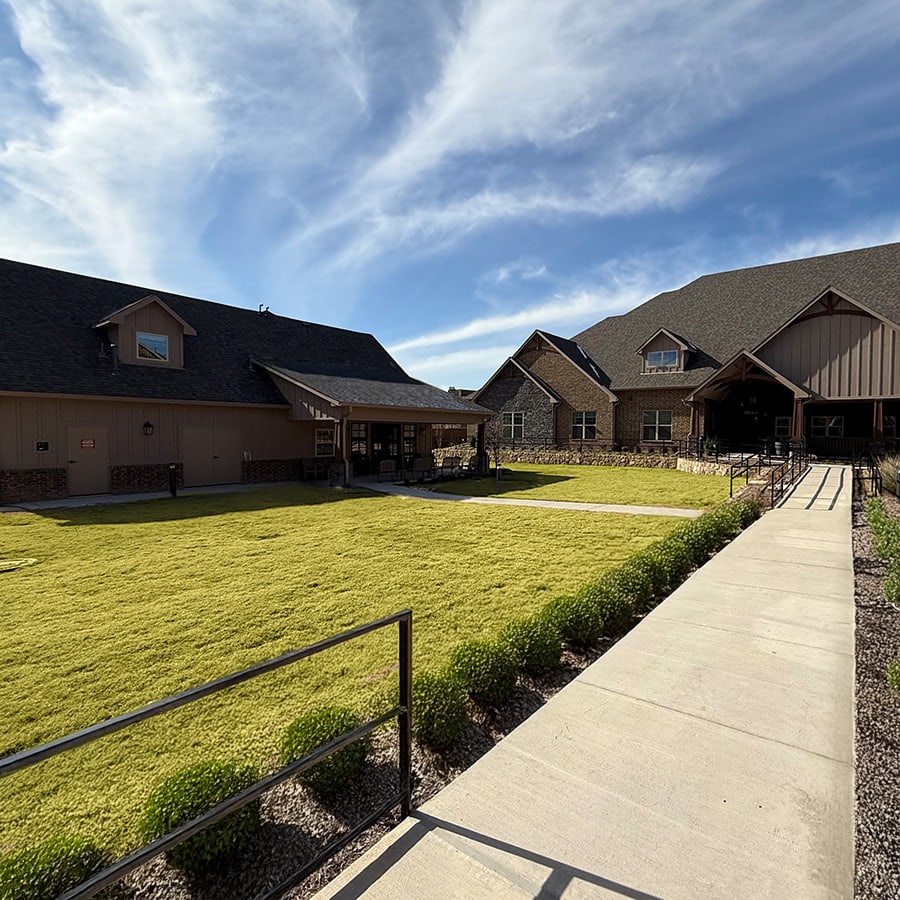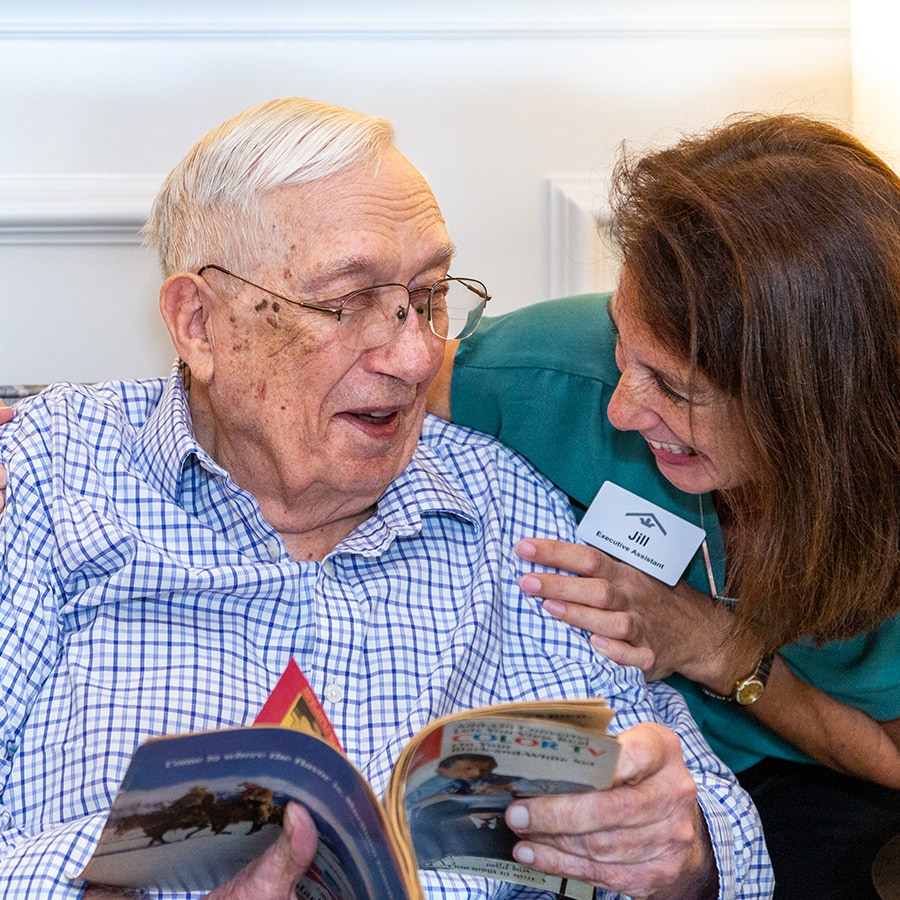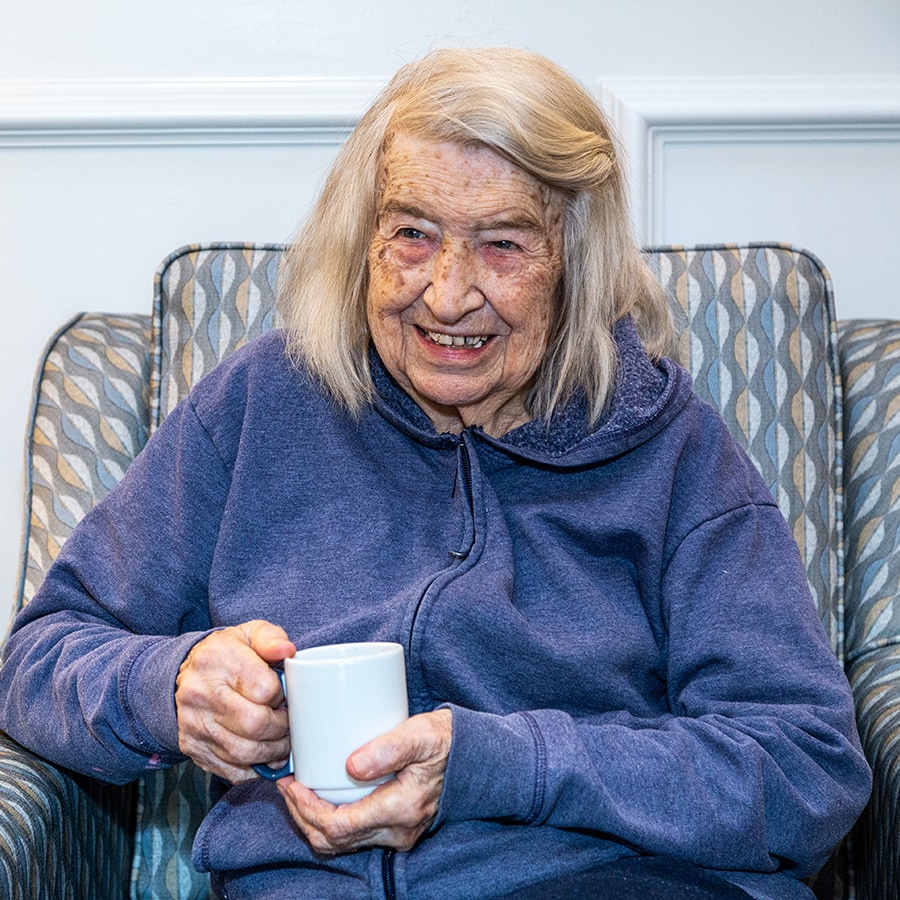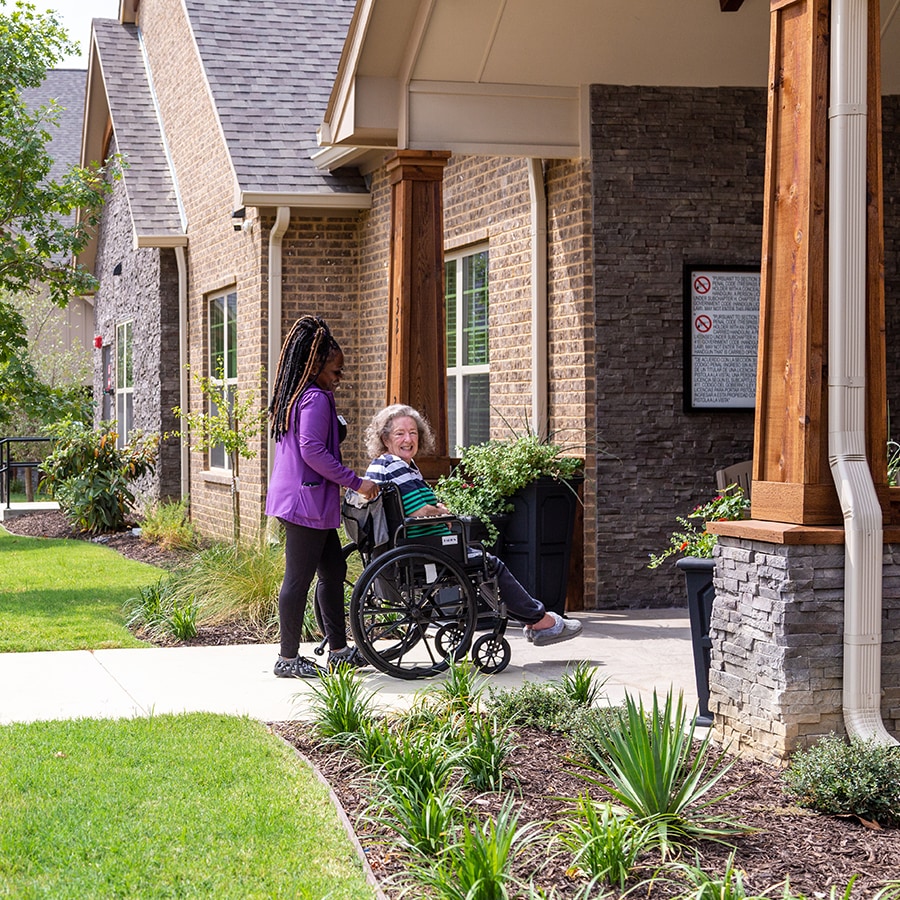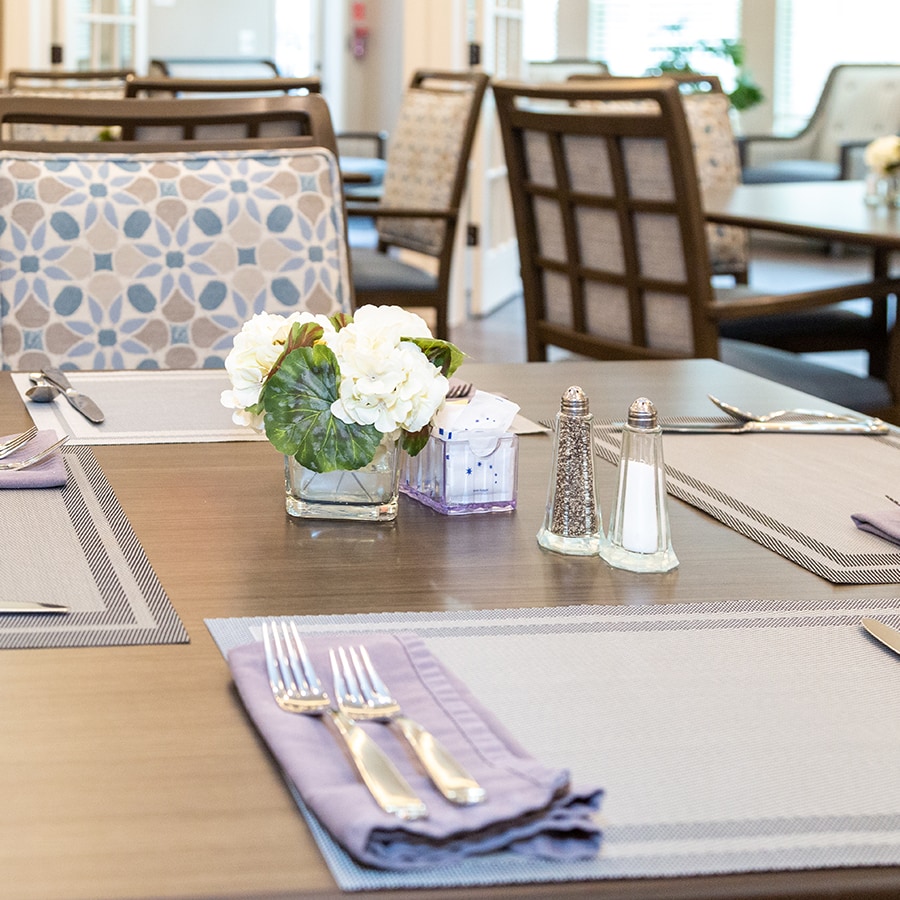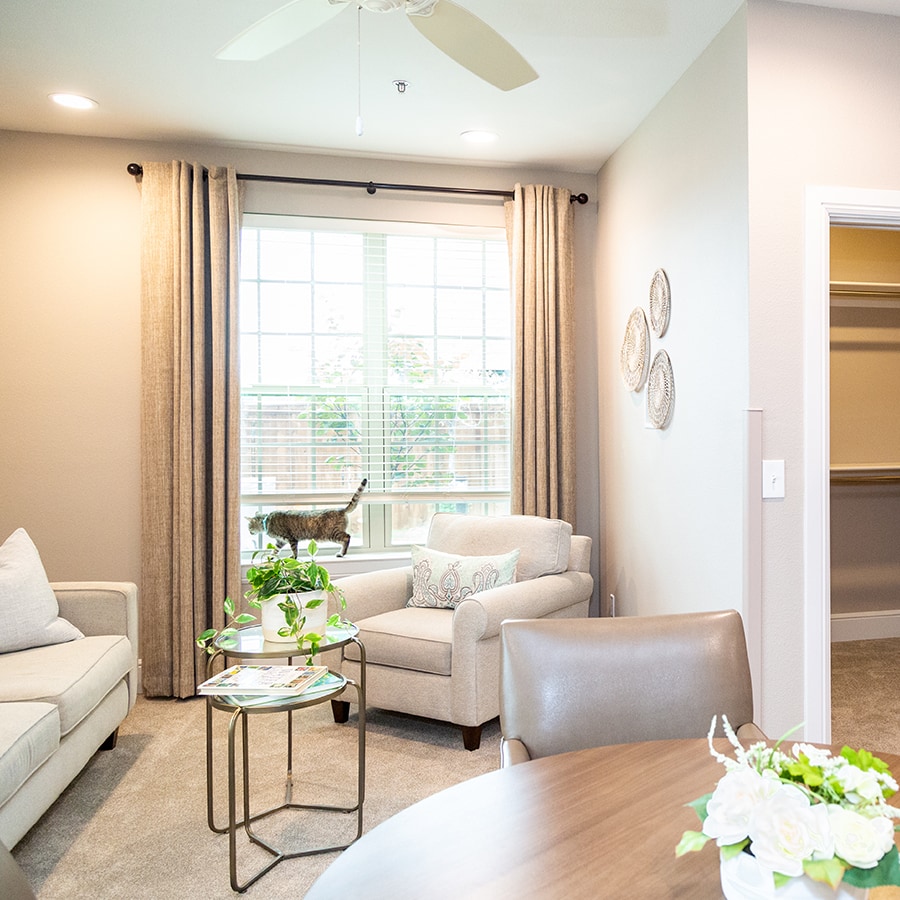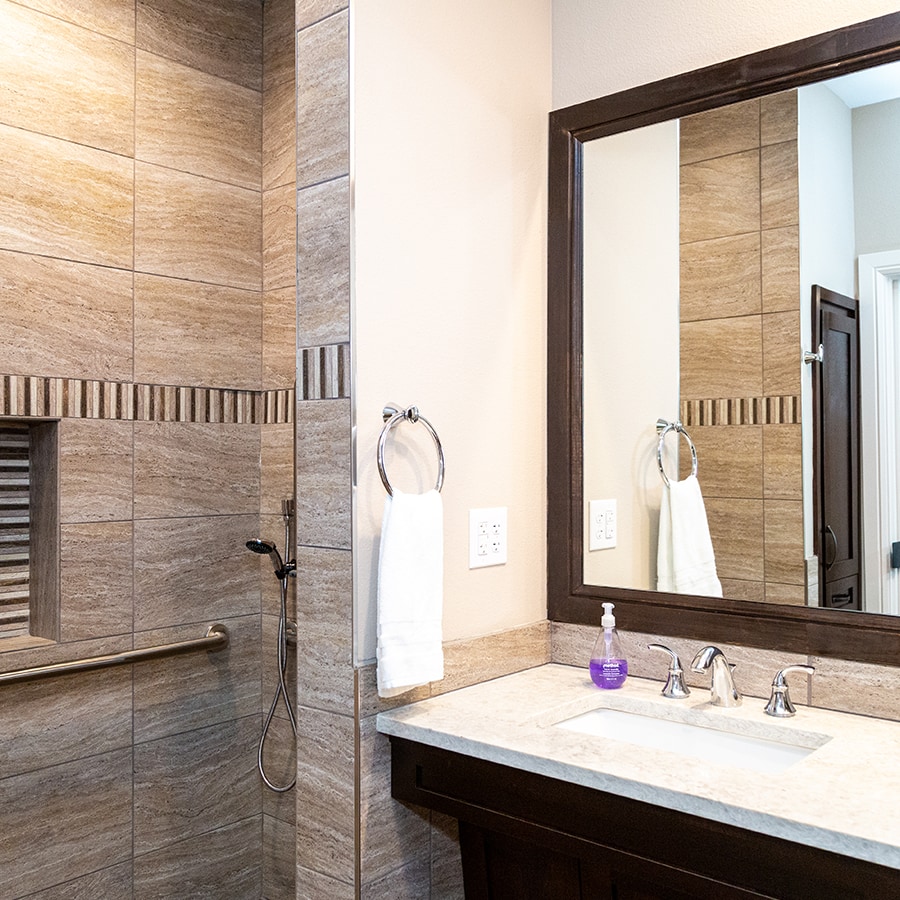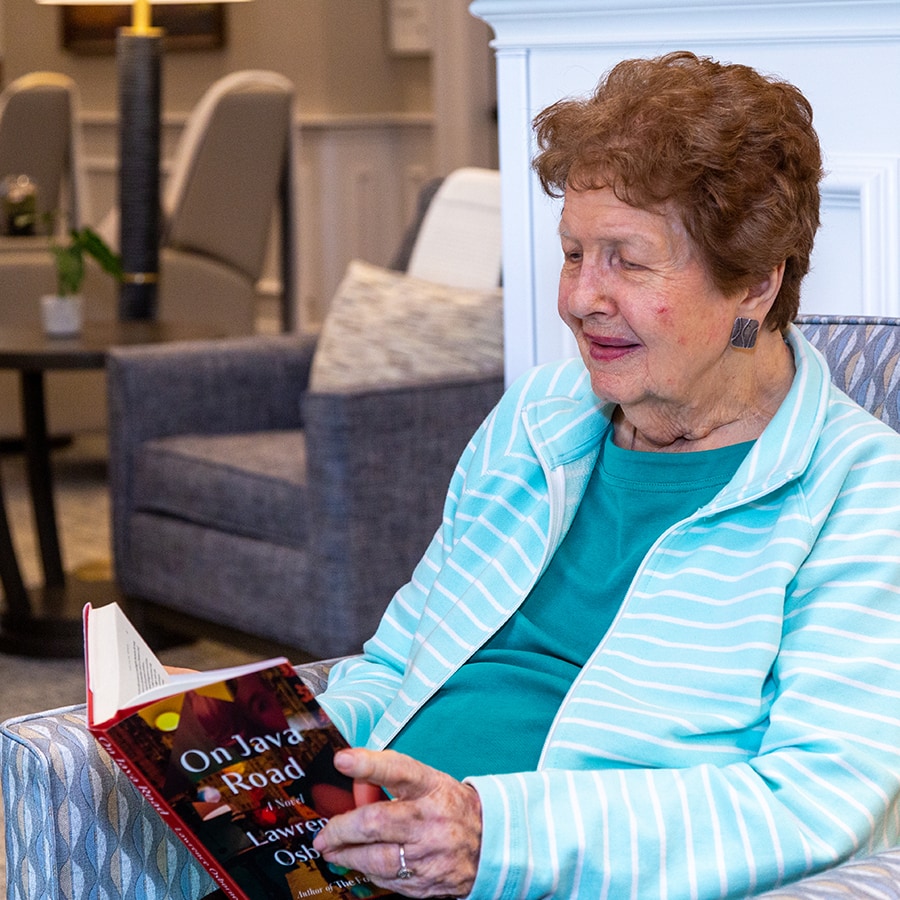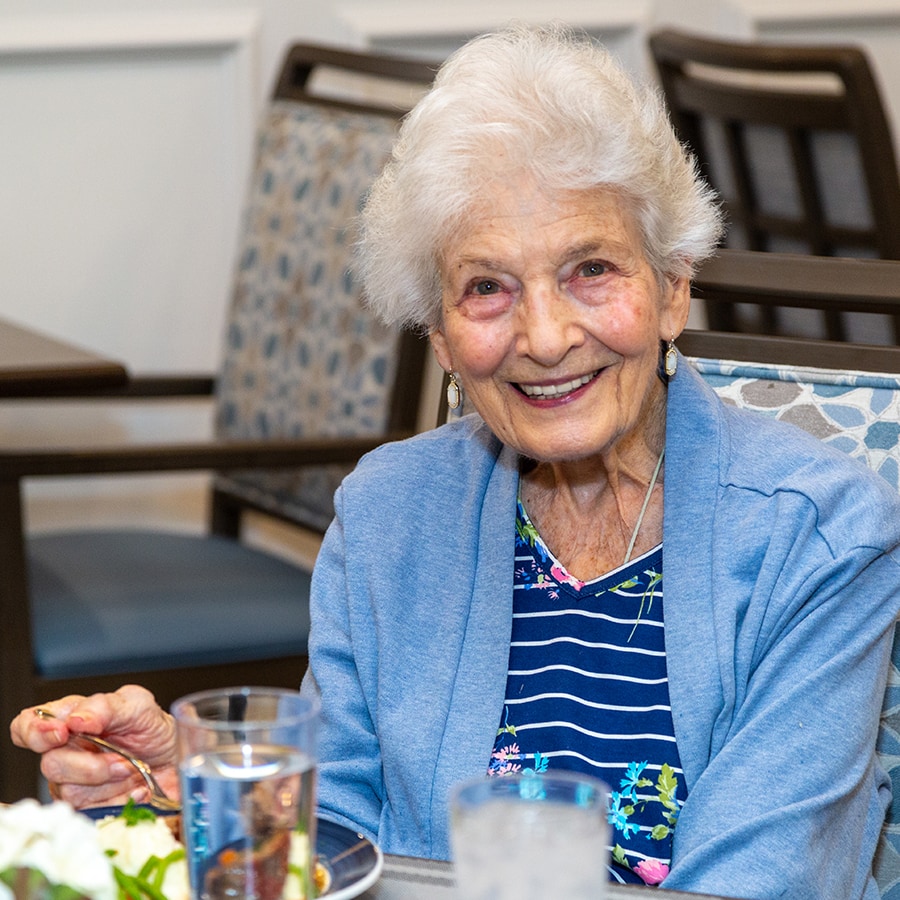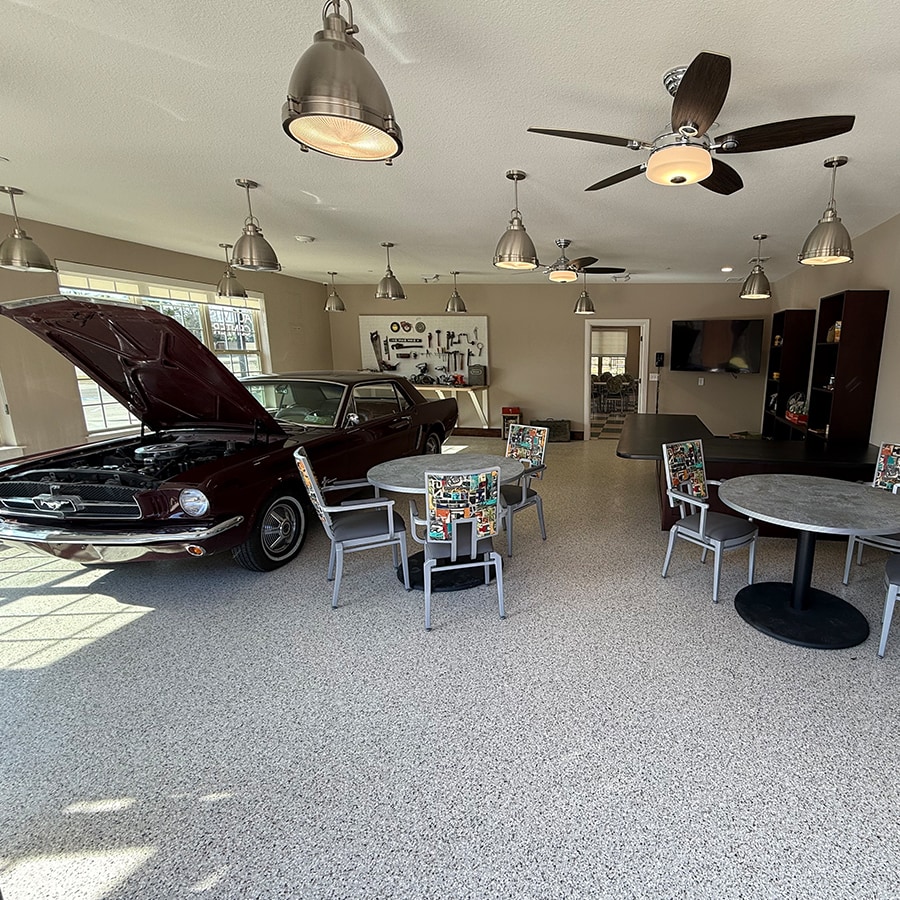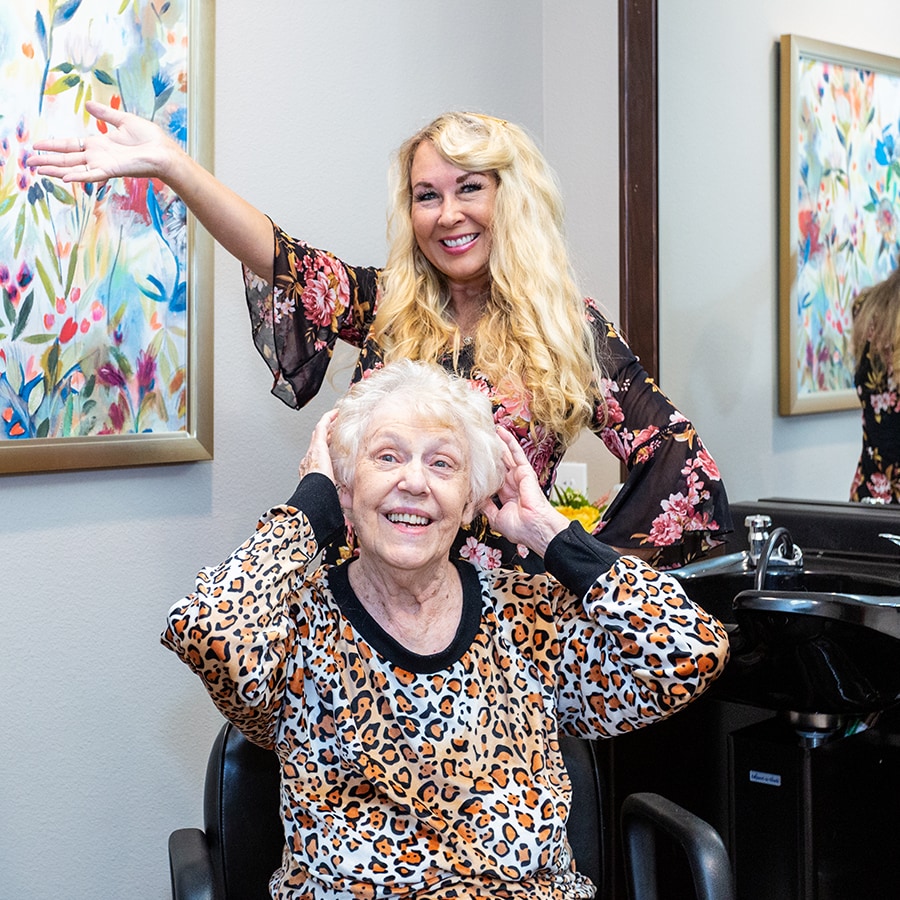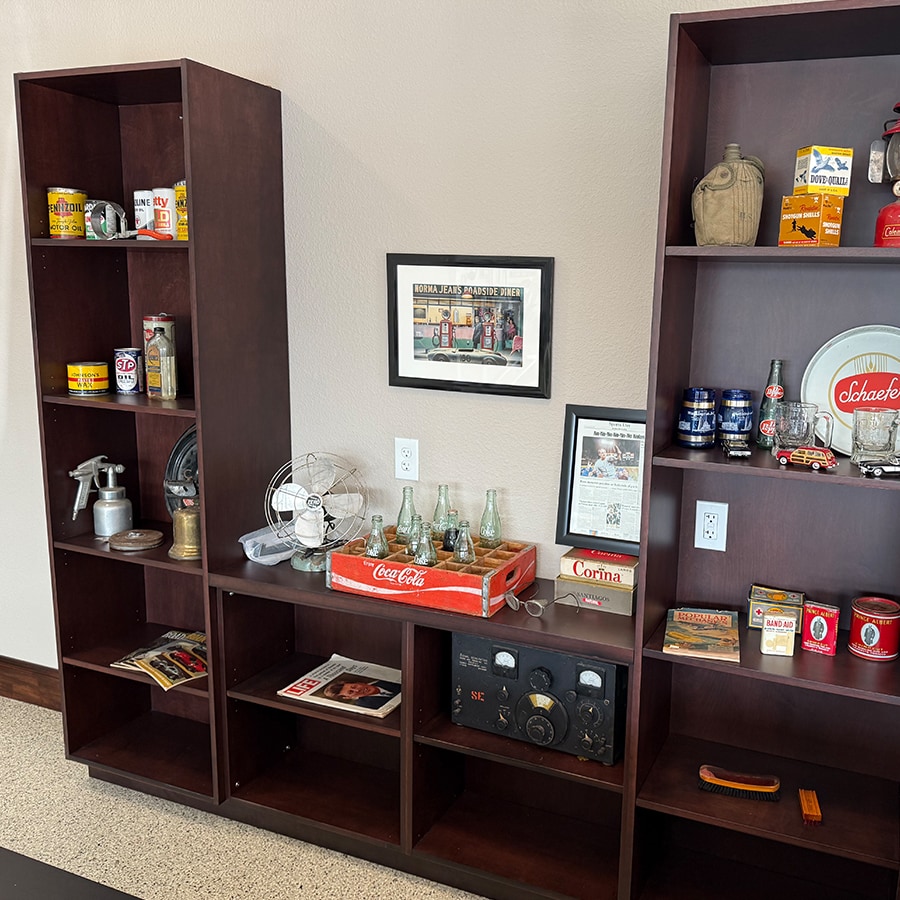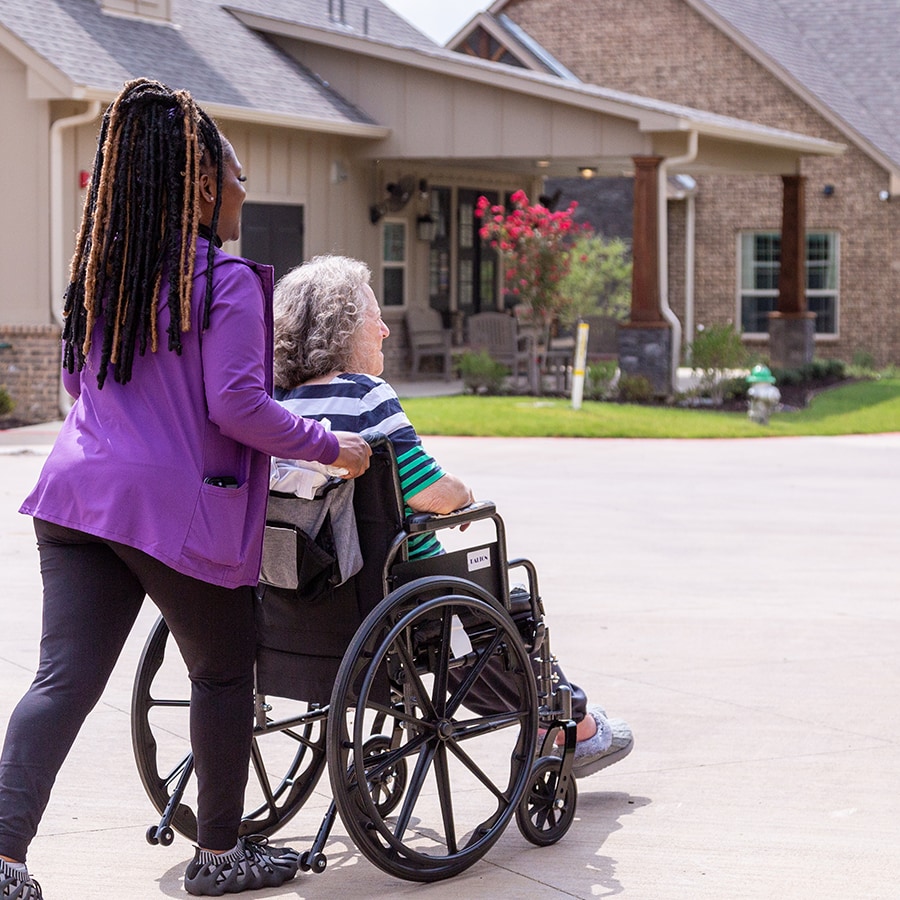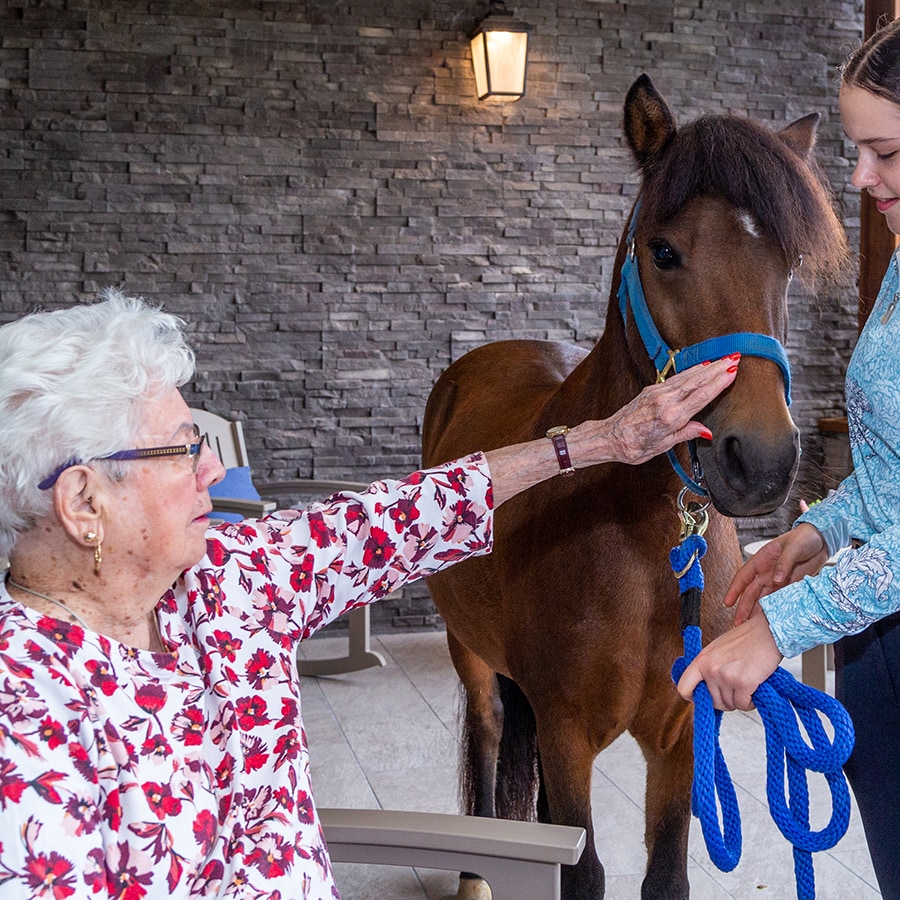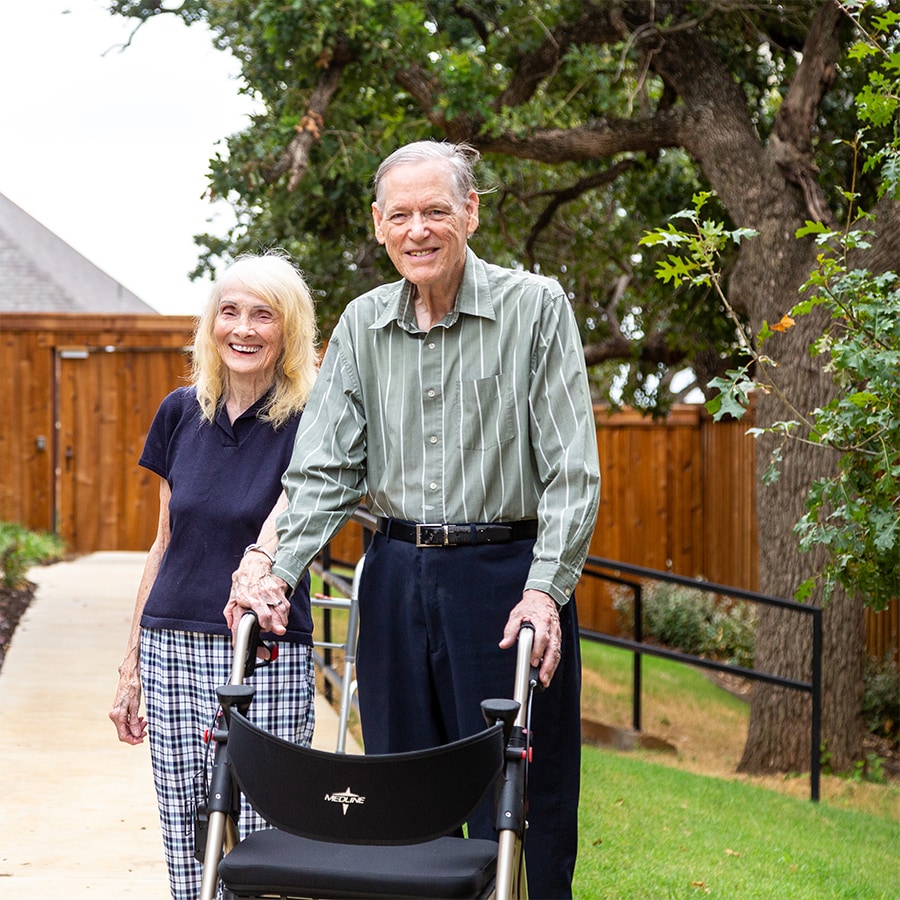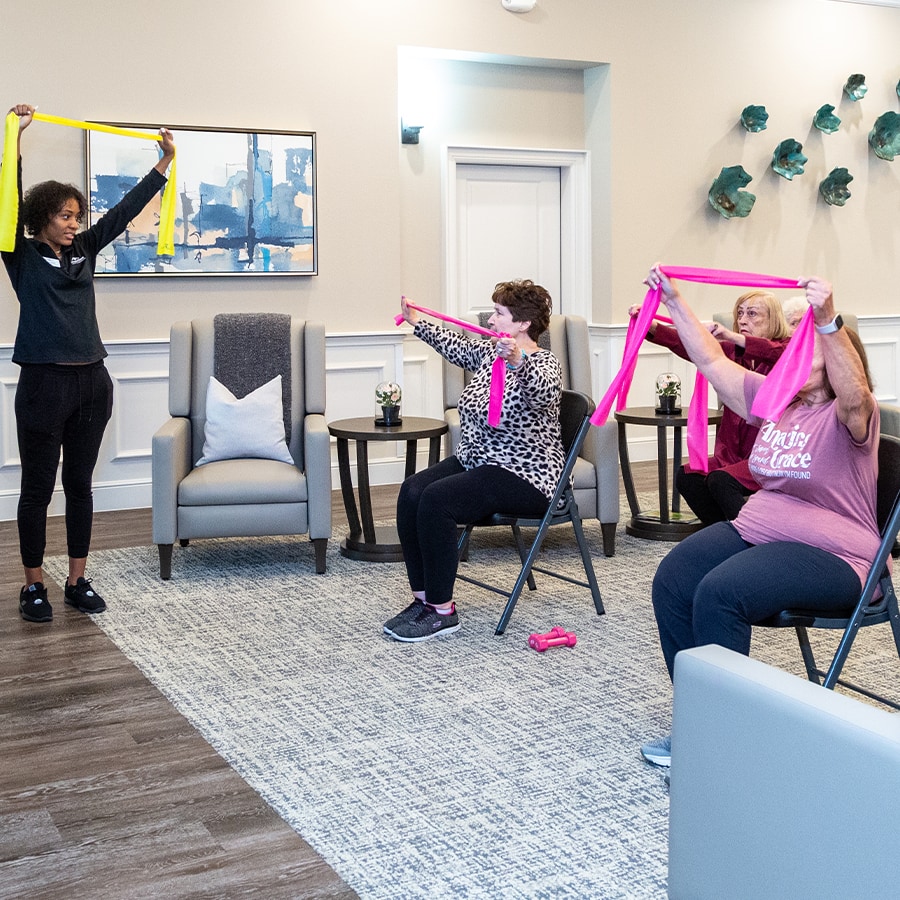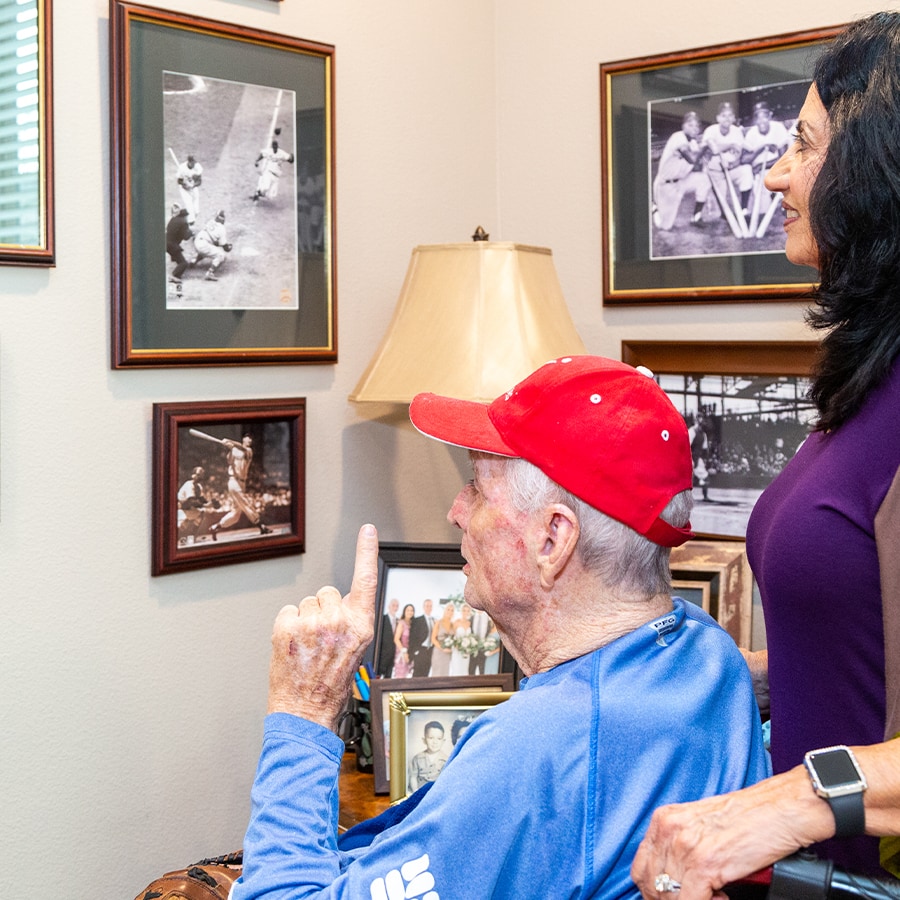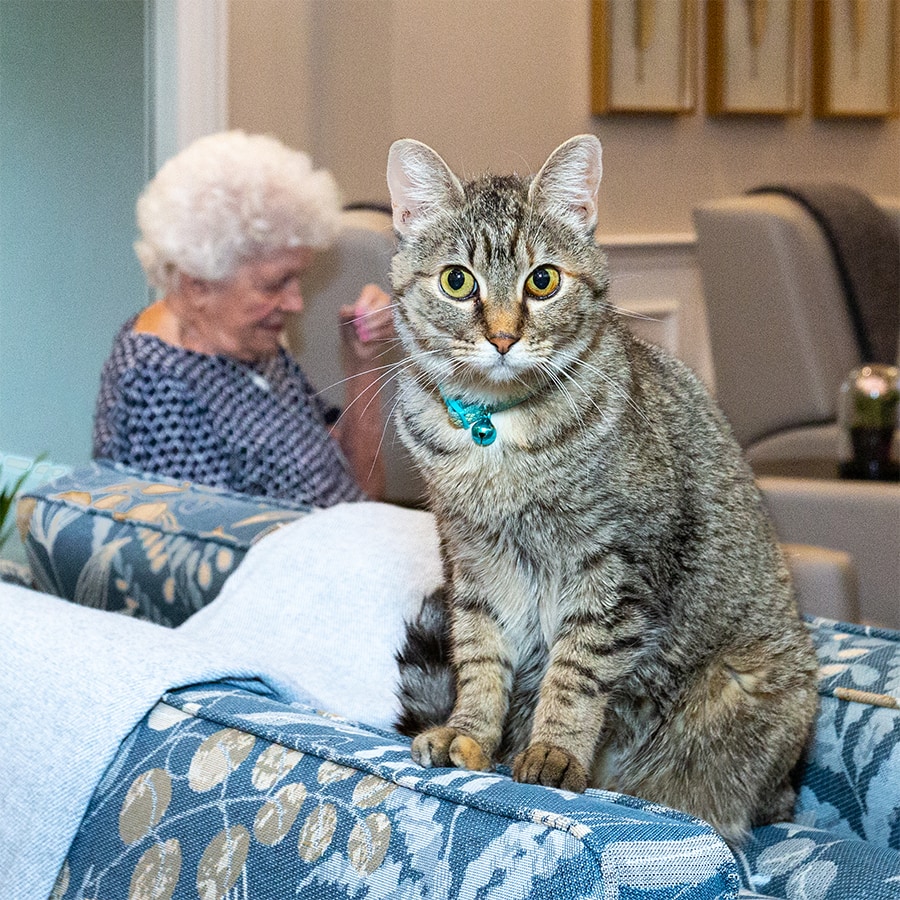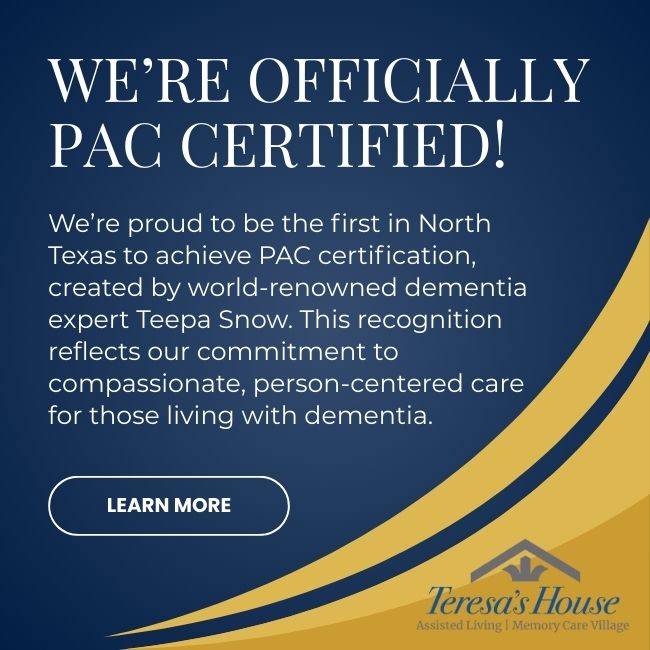Is it time for you or a loved one to move from independent to assisted living? Moving from the family home, a family member’s home, or even an independent living apartment is a huge change, not only in location but in lifestyle and self-image, and it is worth investing time, thought, and research to find the right timing, place, and facility.
However, there is not always time to carefully weigh the options. A sudden physical or mental health change or a fall can mean a faster decision is necessary. This possibility is why it is essential to think ahead. No one wants to admit they will eventually lose capacity, but talking about next steps early can ease the transition when it’s time.
Understanding the Living Options
Seniors experience a broad range of physical, mental, and emotional abilities at different stages in the aging process. One person may be physically capable but struggle with memory, another may be cognitively healthy but struggle with physical challenges, and still another might be healthy but experience deep loneliness living alone.
Fortunately, there are living solutions for each unique person’s stage in life and health.
Independent Living
Most people experience independent living throughout their lives. We live in a home or apartment and capably care for ourselves, our residence, our pets, and our family members. Some people move to a 55+ community when they reach the qualifying age, preferring to live independently around people in the same age group for a sense of community.
A 55+ community might have a few extra amenities that are unavailable in a regular apartment community, such as housekeeping, linen service, fitness center, a heated indoor pool, etc.
Assisted Living
When a person begins to struggle with the tasks of daily life because of physical or memory issues, when housekeeping, nutrition, medication, and healthcare begin to slip, or when loneliness and depression threaten the person’s mental health, assisted living is the next level of support.
In assisted living, a person lives in an apartment or room within a larger community and shares the common areas with other residents. The home provides three meals a day in a communal dining room. Assisted living is suitable for people who need some help with tasks such as medication management, eating, personal hygiene, mobility, and the like, but who do not need continuous supervision, memory care, or extensive nursing care. Residents receive help with the tasks of daily living such as bathing, dressing, medications, meals, housekeeping, laundry, transportation, and may also receive some nursing care depending on their needs.
The assisted living at Teresa’s House provides personalized care, empowers independence, preserves dignity, and is far different from the lifestyle found at traditional assisted living settings. Our concierge care is provided in a warm, inviting home setting and is tailored to each resident’s preferences through our 7 Dimensions of Wellness program.
Memory Care
When you or a loved one begins to experience memory lapses, it may be time to consider what comes next before the situation becomes critical or you or your family member is in danger. Memory care is a specially designed lifestyle of supports, safety measures, and activities providing residents with the most safe and meaningful lives possible.
Teresa’s House maintains a 1:5 ratio of caregivers to residents. Our health care professional caregivers get to know our residents and design a program of enrichment activities and social opportunities that keep each resident active and engaged.
Enhanced Care
When natural aging or a progressive disease makes assisted living untenable, a family member may need enhanced care. For many, that means a nursing home with 24/7 nursing care.
At Teresa’s House, we offer enhanced care as a natural progression of the aging process. You or your loved one can transition smoothly from assisted living to a higher level of 24/7 healthcare supervision in the same warm, loving environment they’ve lived in for the preceding levels of care.
Signs It May Be Time to Move to Assisted Living
When you start noticing that you or your family member is overwhelmed with daily tasks such as housekeeping and cooking, managing medical conditions, money, and self-care, or if you or your loved one is experiencing long-lasting depression and social isolation, it may be time to consider assisted living.
Talk with a trusted healthcare provider about any recent medical changes. If the doctor confirms that additional support could help, this is the time to begin exploring options.
Conversations for Change
Begin early to discuss what comes next helps ease any concerns you or your loved one might have. Talking with a doctor can add insight and help you understand how others have managed this kind of change. For additional insight, contact Teresa’s House for guidance and advice.
If possible, take the conversation slowly over time. Ask open-ended questions with compassion and empathy about how your family member manages at home and how they feel. Understand their challenges and update the home for safety and comfort in the initial stages.
Having these conversations before the situation is critical can help you or your loved one understand that a change can enhance their quality of life with social opportunities, activities, and relief from daily tasks that have become overwhelming.
Visit and Ask Questions
On your visit, pay attention to cleanliness, how the caregivers interact with the residents, and how the home presents meals. Discuss your or your family member’s medical status, mobility, preferences, and level of interest in a supported living arrangement. Then listen. Do they have attractive amenities and activities? Is the room or apartment comfortable? Do you feel at home in the common spaces? Does it have graduated services so you or your loved one has enhanced services as abilities decline?
Senior Living Redefined
Teresa’s House is a premier assisted living facility that elevates senior living. Our timeless, elegant architecture feels like home when you pull up, and the beautiful outdoor setting welcomes you into nature. When you walk inside, welcoming social areas provide space for warm conversations with friends and family, activities, and events. Our residences are safe, comfortable, and beautifully decorated.
Engaging Activities
You’ll find activities for every taste, from a retro kitchen in our activity center to gardening, a 1968 Mustang and adjacent “man cave,” and a stable with horses to visit at Argyle. Our wellness program is geared to individual ability levels, keeping residents active and energized. Community connections provide for meaningful contribution, and the communal gourmet dining experience in our open kitchen is a great time to enjoy healthy, beautifully chef prepared food with friends and neighbors.
Exceptional Graduated Care
Professionally trained staff foster independence while supporting residents as needed. Memory care and enhanced care are also available at Teresa’s House if assisted living is no longer possible. Staying in a familiar environment is vitally important for those needing additional care.
Financial Planning
Discuss the costs on your visit. Discuss options for financing the move from independent to assisted living and the ongoing expenses the resident might incur. Cost is often only an issue in the absence of value. The value can be seen, felt and is experienced at Teresa’s House.
Transitioning with Care
Starting early to discuss a move from independent to assisted living goes a long way toward a smooth transition. Listening compassionately and emphasizing the move’s positive aspects can cast a new light on change. While you or your loved one may initially resist moving into assisted living, it can relieve the burden of day-to-day tasks and provide an exciting opportunity for new activities and friendships.
FAQs About Moving from Independent to Assisted Living
1. What are the signs that it may be time to consider moving from independent to assisted living?
2. What are the key differences between independent living and assisted living facilities?
3. How do you discuss the possibility of transitioning to assisted living with a loved one?
A Few Final Thoughts
Joseph Campbell said, “We must be willing to let go of the life we planned so as to have the life that is waiting for us.”
Even if a change seems challenging initially, assisted living can offer seniors an exciting new way of life. At Teresa’s House, seniors can learn, grow, and experience new friendships in a warm, supportive environment. Contact Teresa’s House today to learn about the amenities, activities, living spaces, and care choices we offer at our McKinney and Argyle communities.
